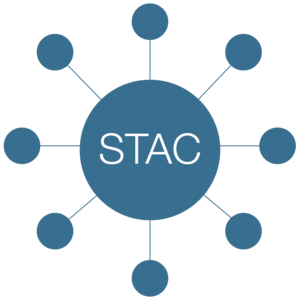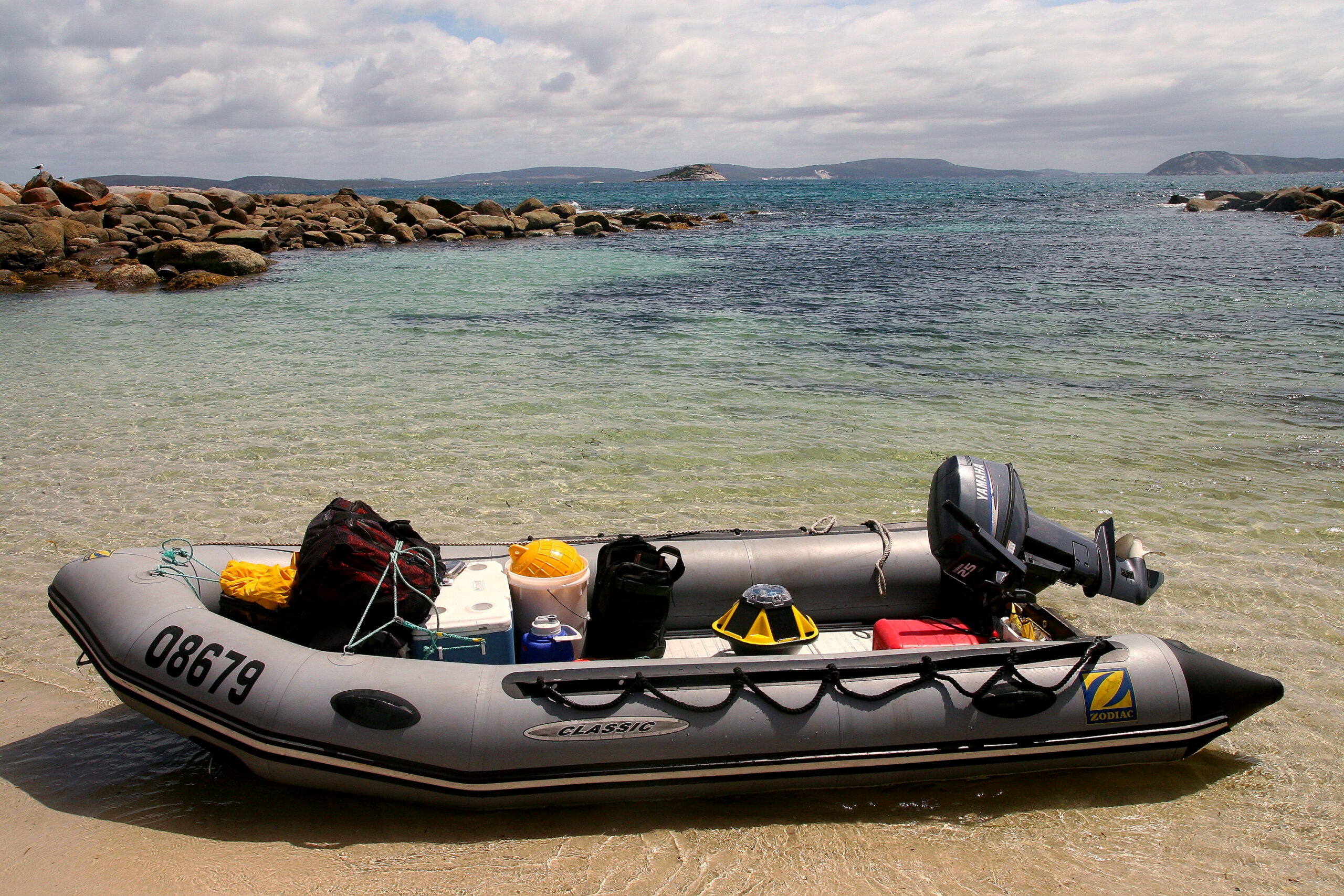IMOS Science and Technology Advisory Committee
The IMOS Science and Technology Advisory Committee (STAC) plays a critical role for IMOS. The STAC represents the scientific opinion of the marine and climate research community, and will work to advise the IMOS Office on the scientific rationale and direction of a national observing system. The STAC will provide advice and assessments to the IMOS Office on the technical implementation by facilities and sub-facilities, and on the scientific merit of research undertaken with IMOS data. Further, the STAC will work to advise the IMOS Office on the development, application and implementation of new technologies within the national observing system.
The STAC is an advisory body reporting to the IMOS Director.

Key responsibilities of STAC
- Identify and define the nationally relevant science priorities based on the gap between current understanding and current/future need, and advise on these priorities in an IMOS operational context;
- Consider these priorities in the context of delivering societal benefit to all Australians;
- Integrate regional research objectives into a national scientific perspective on marine-observing and promote a national approach to ocean observing in Australia;
- Assess and advise the IMOS Office on Facility/sub-facility activities and assess potential changes in deployment and data activity;
- Assist in representing IMOS in their engagement with relevant individuals, research communities, and entities;
- Provide advice on technology evaluation, and selection needs to aid Facility/Sub-Facility planning that considers the agreed technology proving guidelines, ensuring that:
- technical readiness levels are understood and fit for purpose
- expertise and experience are shared across the community;
- Contribute to the formation, scope and direction of IMOS Task Teams.
STAC membership
The STAC membership consists of:
- An independent chairperson
- The leader of each Regional Node (currently five)
- Three representatives from the Bluewater and Climate Node community (physics, biogeochemistry, biology and ecosystems)
- Two marine technology experts from IMOS operating institutions
- AODN Director
- Additional members from the broader Australian marine science community to address disciplinary gaps and ensure diversity
- IMOS Scientific Officer
- IMOS Director (observer)
- IMOS Assistant Director (observer)
New technology proving
The STAC will play a determinative role in defining the new IMOS technology proving capability. More information about this initiative can be found by clicking below.

 Matt Hatcher, UWA
Matt Hatcher, UWA